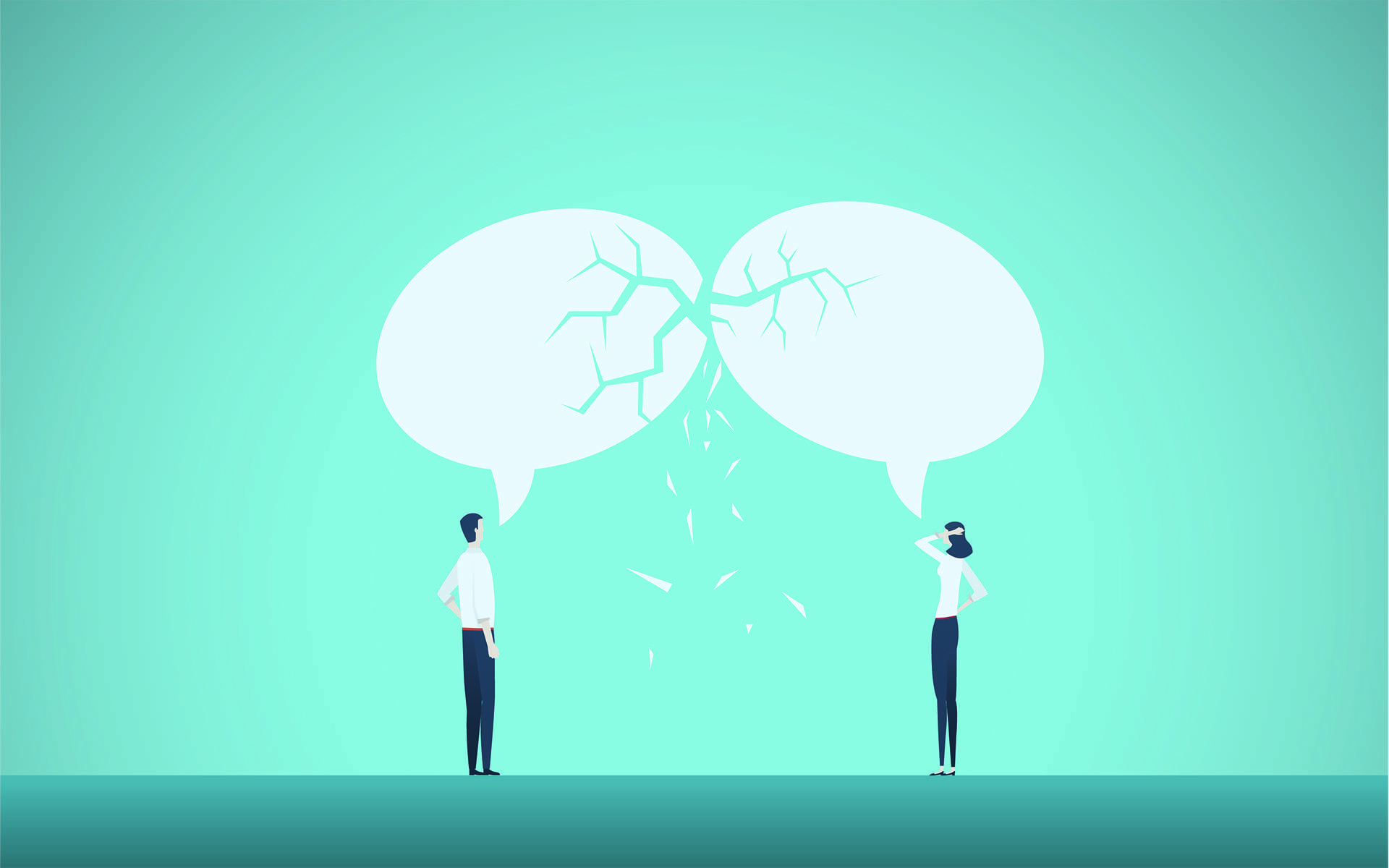In season 1, episode 4, of the hit television series Fleabag, the title character (a hot mess who runs a tiny struggling café in London and who struggles with just about everything) and her sister Claire (a very tightly wound business executive who also struggles with just about everything) receive the gift of a mindfulness retreat from their dad. It seems like, 1, he’s trying to get his trying daughters out of his hair for a while, and 2, he’s hoping they will return as completely different people.
Hilarity ensues.
This scenario becomes the pretext for a full-blown satire of the mindfulness revolution. The retreat takes place in a posh estate surrounded by lush, manicured grounds. The woman leading the retreat speaks softly but wields a big passive-aggressive emotional stick that is thinly concealed. She’s better, calmer, more aware, and more woke than the messed-up women (it’s a women-only event) who wash up on her shore. And speaking of washing, participants are made to do lots of cleaning chores, and they are paying for the privilege. Silence is not gently encouraged. It’s enforced with prison-guard-like scorn.
Needless to say, Claire and Fleabag find the whole experience disappointing and annoying. The whole thing just feels like a crock of shit. It can be very amusing to see the movement (or field or fad, if you prefer) you’re part of—and part of promoting—so mercilessly sent up. I have to admit that it also made me grimace a bit. Do I do that? Is this really what we’re putting out there?
In fact, though, the show has picked an easy target: the cliché version of the mindfulness world. And to be fair, every cliché reflects some truth. There is plenty of crappy and creepy stuff out there parading as mindfulness. Caveat meditator.
The cliché is that mindfulness is an experience we have, something to get and collect. It’s the ultimate trip to Paris. And thereafter, you’ll always have Paris.
At the heart of the cliché depicted in the show is that mindfulness is an experience we have, something to get and collect. What the two sisters were sent to seek was a peak experience
that would change them forever. They were expecting to travel to Mindfulness-ville, as if it were a special place you visited, pure and rarified and free from the pain and drudgery of life, a place that also leaves an indelible mark. It’s the ultimate trip to Paris. And thereafter, you’ll always have Paris.
But as meditation teacher Jack Kornfield famously pointed out in a classic book, after the ecstasy comes the laundry. When we practice mindfulness, awareness, kindness, and compassion, we may very likely have life-changing experiences. No problem having them, or wanting them for that matter. Peak experiences, though, are life. And one of the nice things about mindfulness is that in bringing attention to details and to changes within us and around us, it complements so many other habits and disciplines in our lives, such as nutrition, exercise, relationships, gardening, art, craft, and all kinds of skills we learn in order to thrive within our lives, like listening and learning to be a better leader.
The two sisters were served up mindfulness as an airy-fairy one-stop experience, delivered from the mouth of a soft-talking expert. The difference between that and sustainable mindfulness is the difference between cotton candy and an apple. At its best, mindfulness is a lifelong path that takes us straight to the center of our heart, where we can keep finding a compass that can guide us through the unavoidable challenges of living down here on the ground.
read more
How Mindfulness Can Help us Talk About the Things That Divide Us
Mindful editor-in-chief Barry Boyce talks with writer and editor Stephanie Domet about how mindfulness helps us deepen our caring not only for ourselves, but also for others, no matter how different from us they may seem. And, we meet the Mindful Vulgarian, and talk a little about MOMing, also known as Mouthing off Mindfully.
Read More
How Kindness Can Get Lost in Communication
Founding Editor Barry Boyce muses on the messiness of communicating, and how finding the deeper meanings of words may require some inner searching.
Read More
Where Does the Path of Mindfulness Lead?
While there’s no roadmap to wisdom, there is a path to greater perspective, insight, and emotional freedom. Founding editor Barry Boyce calls on his four decades of practice to take us on the journey.
Read More









